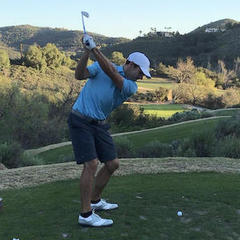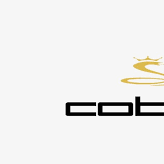IGNORED
13 Nutrition Myths
Note: This thread is 3814 days old. We appreciate that you found this thread instead of starting a new one, but if you plan to post here please make sure it's still relevant. If not, please start a new topic. Thank you!
-
Topics Being Discussed Right Now on The Sand Trap
-
- 13 replies
- 2,002 views
-
"5 Minutes Daily" Practice Challenge 1 2 3 4 838
By iacas, in Instruction and Playing Tips
- 5 minutes daily
- dedication
- (and 6 more)
- 15,080 replies
- 908,414 views
-
This Putting Product Actually Seems Like it May Have Some Value.
By ChetlovesMer, in Instruction and Playing Tips
- 7 replies
- 149 views
-
- 45 replies
- 8,029 views
-
- 2 replies
- 92 views
-










Recommended Posts
Create an account or sign in to comment
You need to be a member in order to leave a comment
Create an account
Sign up for a new account in our community. It's easy!
Register a new accountSign in
Already have an account? Sign in here.
Sign In Now